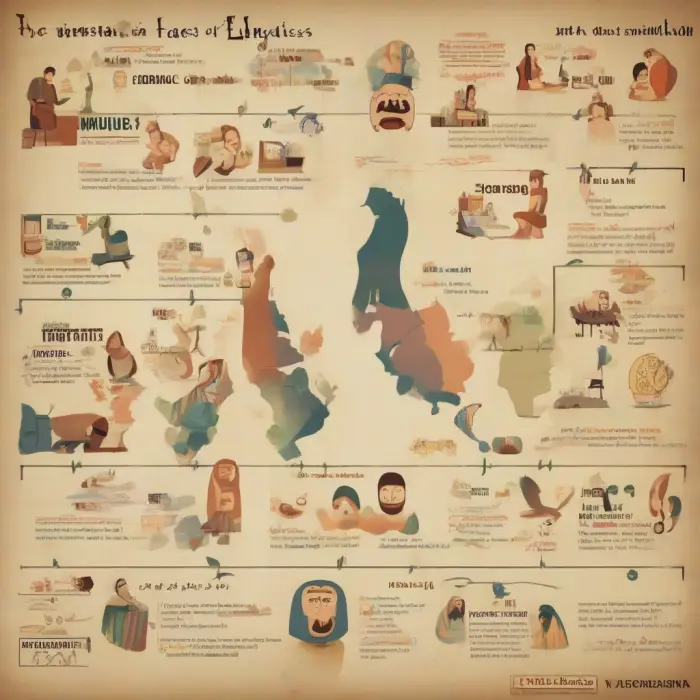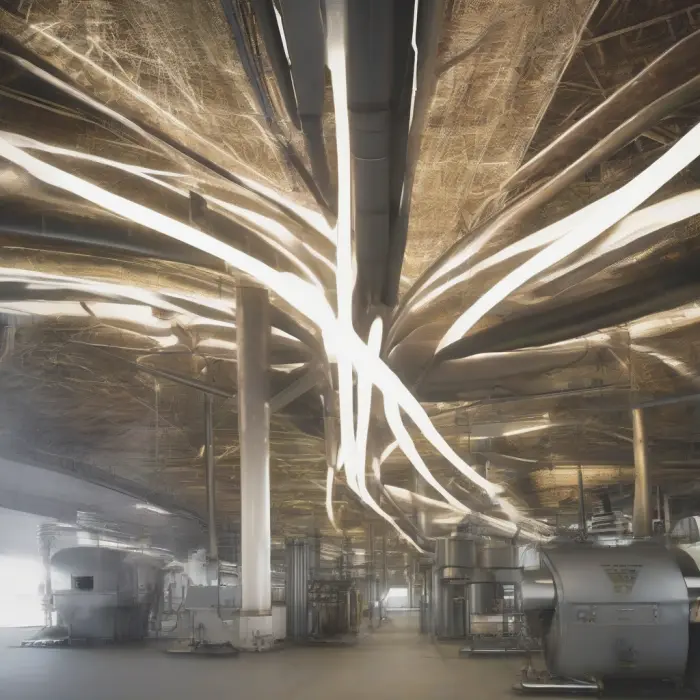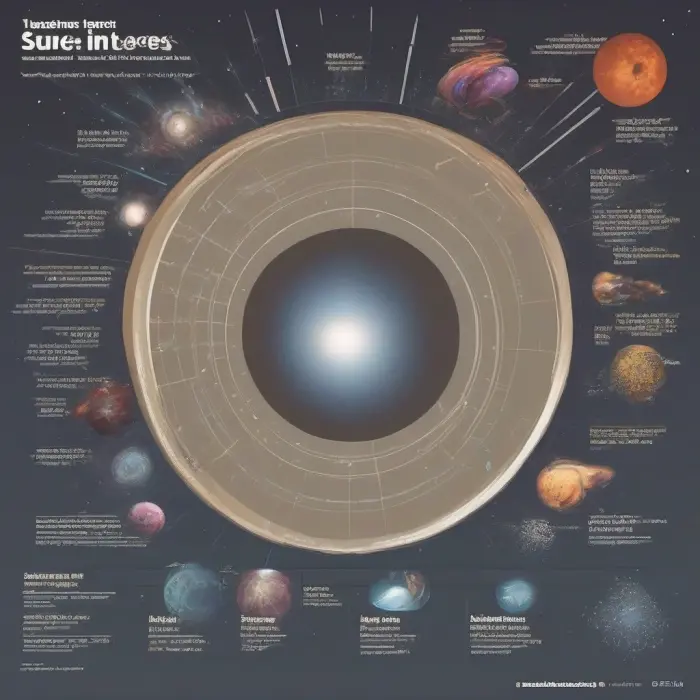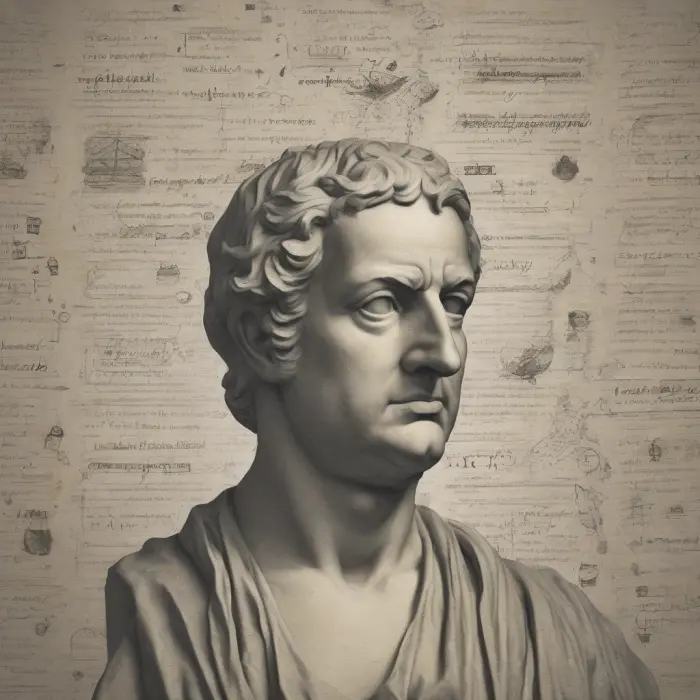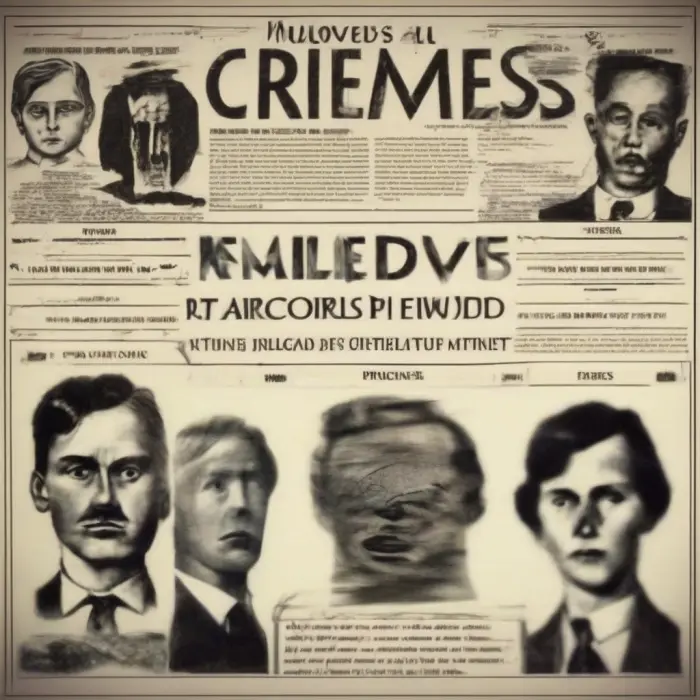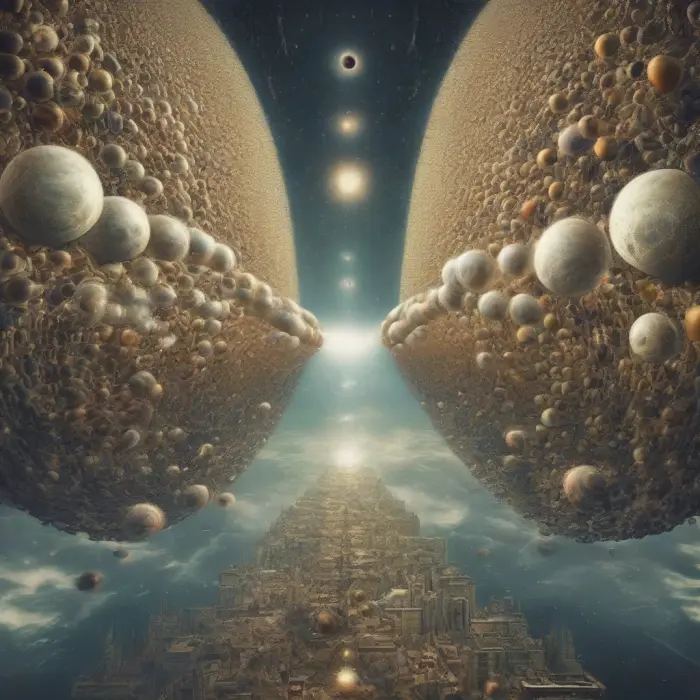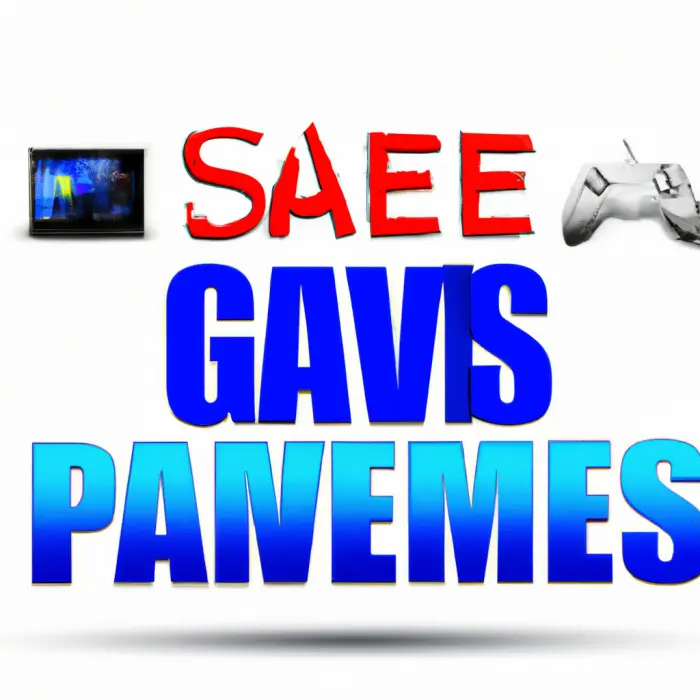Cinematic Alchemy: Mastering the Art of Storytelling
Storytelling is probably as old as humanity itself. From sitting around fires to the grandeur of cinema, human beings have always loved to tell, listen and watch stories. Over the millennia, stories have also become a powerful tool for communication, education, and entertainment. They help us understand our world, empathize with others, and experience emotions that are often more intense than those we encounter in our daily lives. One of the most influential forms of storytelling today is undoubtedly cinematic storytelling, an art form that marries visual, audible, and narrative elements in a way that is unique to this medium.
The Granularity of Cinematic Storytelling
The basic elements of traditional storytelling - plot, character, and theme - are definitely present in cinematic storytelling. However, the film adds numerous other ingredients into this mix. These include visual elements like lighting, color, and composition, audio elements like sound effects, music, and silence, and elements of time and space like continuity, editing, and shot choices. Hence, cinematic storytelling goes beyond the traditional narrative, exploring and exploiting the medium's potential to its fullest extent. This is what we term as 'Cinematic Alchemy'.
Mastering the Art of Storytelling
Mastering cinematic storytelling, or this alchemy, requires both technical knowledge and a deep understanding of narrative techniques. It involves a broad array of skills ranging from scriptwriting to directing, from cinematography to editing. The filmmakers must be able to control and harmonize all of these elements to create a coherent and compelling story. More than that, they should be able to use these techniques to express their personal vision, touch the audience’s emotions, and provoke thoughtful reflection.
The Role of Technology
One of the unique aspects of cinematic storytelling is the significant role technology plays. As technology continues to advance, it provides filmmakers with a growing array of tools that can be utilized to tell their stories in innovative and creative ways. From 3D modeling and virtual reality to AI-enhanced editing, technology has expanded and enriched the storytelling capabilities of cinema.
Cinematic Alchemy and You
Whether you're an aspiring filmmaker, a seasoned professional, or just someone who loves watching movies, understanding the Art of Cinematic Alchemy can transform your relationship with this medium. It can help you appreciate the craft and creativity that goes into every frame, making your viewing experience richer and more meaningful. And if you're a storyteller, it can provide you with a deeper understanding of your craft, inspiring you to continue honing your skills and pushing the boundaries of what's possible.
Conclusion
Mastering Cinematic Alchemy, therefore, is not just about knowing the right camera angles or writing a good script. It's about understanding the rich, complex, and powerful medium that is film, and using it to tell stories that move, entertain and inspire. Through the perfect blend of visuals, sound, narrative, and technology - the process truly becomes a surreal alchemy.

